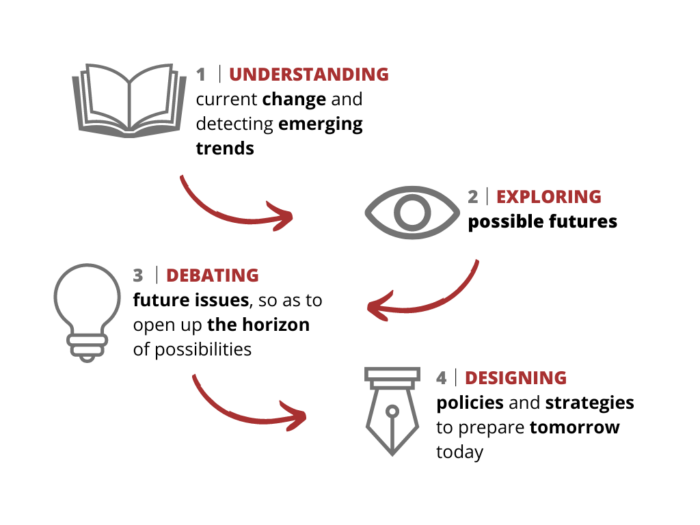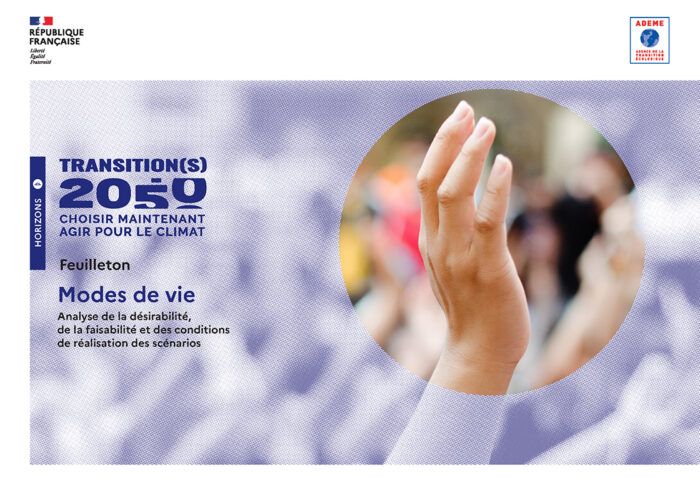Alain Michel proposes six scenarios for the future of schools in the industrialized countries over the next 15 to 20 years. The scenarios have been developed as part of the programme on “Tomorrow’s schools” of the Centre for Research and Innovation in Education (CERI) at OECD (the Organisation for Economic Co-operation and Development).
Under the first scenario the status quo continues, which would mean generally deteriorating schools, despite some marginal improvements.
The second scenario, called “Extending the market model”, shows what might happen if state schools were at least partly privatized, ultimately leading to a greater split between the public and private sectors in education.
The third scenario, called “Schools at the heart of the community”, represents the exact opposite, in which education is considered to be a public good, and schools would play a key role in promoting citizenship.
The fourth scenario, too, “Schools as key learning institutions”, tries to respond to the need to upgrade the role and prestige of education whilst placing greater emphasis on the responsibilities of schools to develop knowledge and skills.
By contrast, the remaining two scenarios reflect forms of decline. In the fifth, “Networks of learners” within a society composed of networks (typical of today! ) the main features are the fragmentation of national education systems, the diminishing role of the state and, simultaneously, the rise of local school systems and major networks.
The final scenario has the striking title “The flight of teachers and collapse”. It foresees schools deteriorating and general discontent, especially on the part of parents and teachers. This is probably unlikely to occur within the next 20 years, and would happen only if there were major upheavals in the short or medium term.
Obviously these scenarios are not all equally probable, and are even less likely to occur in every part of the OECD area. Furthermore, some of them are more hypothetical while others are more normative. Nonetheless, they are extremely useful in quashing fears of possibilities that clearly remain open. They also show the importance of the issues facing schools today.
Six scénarios sur l'École
Cet article fait partie de la revue Futuribles n° 266, juil.-août 2001


